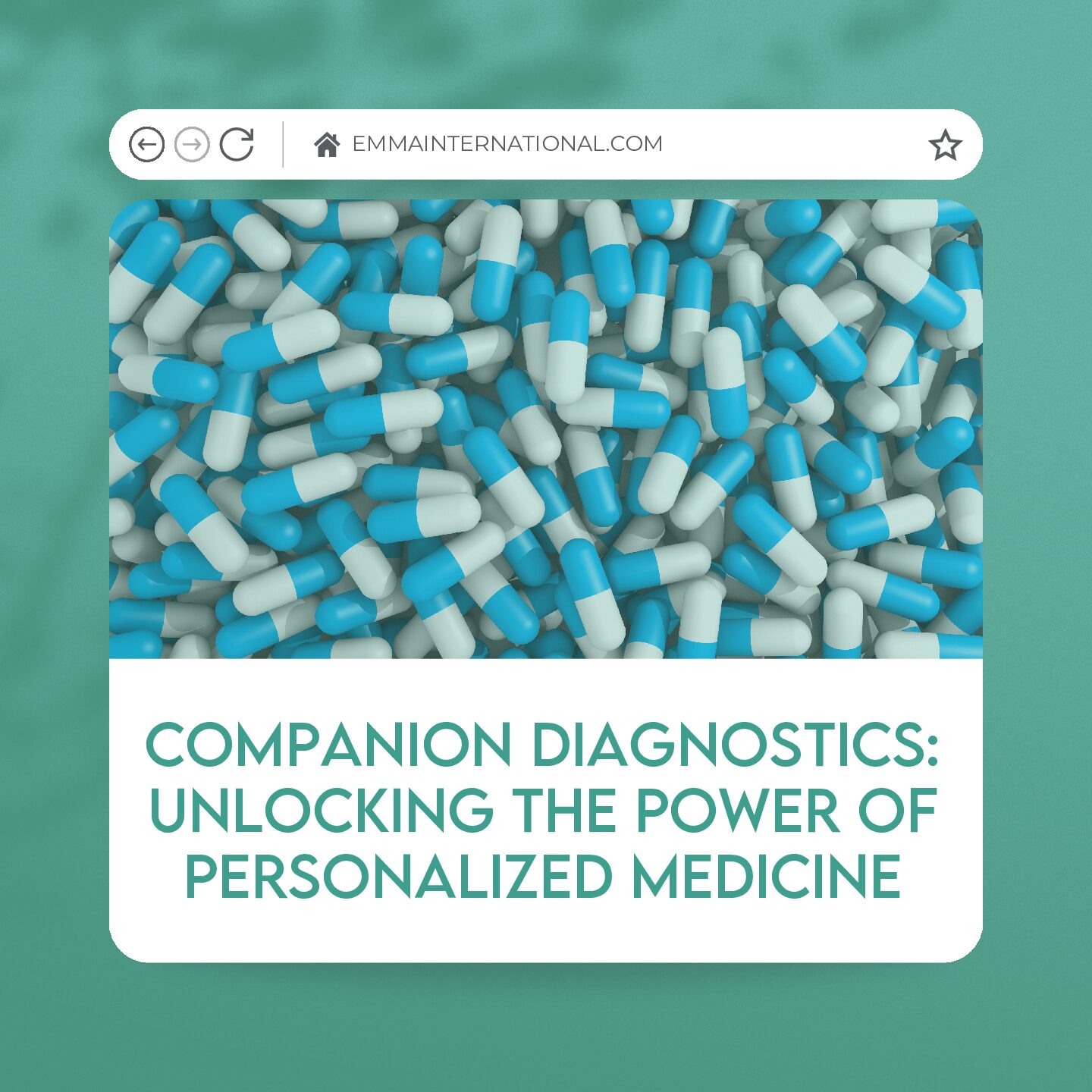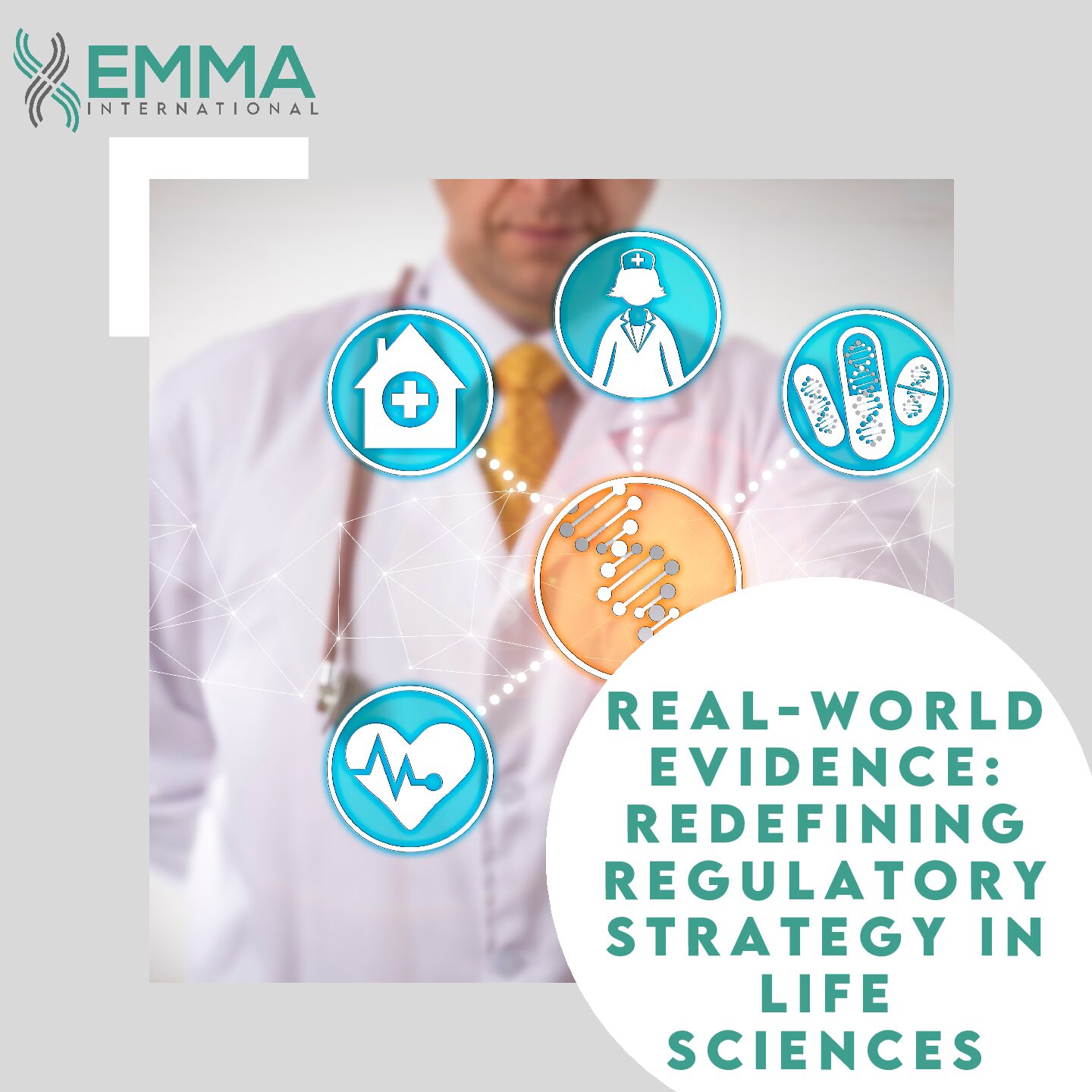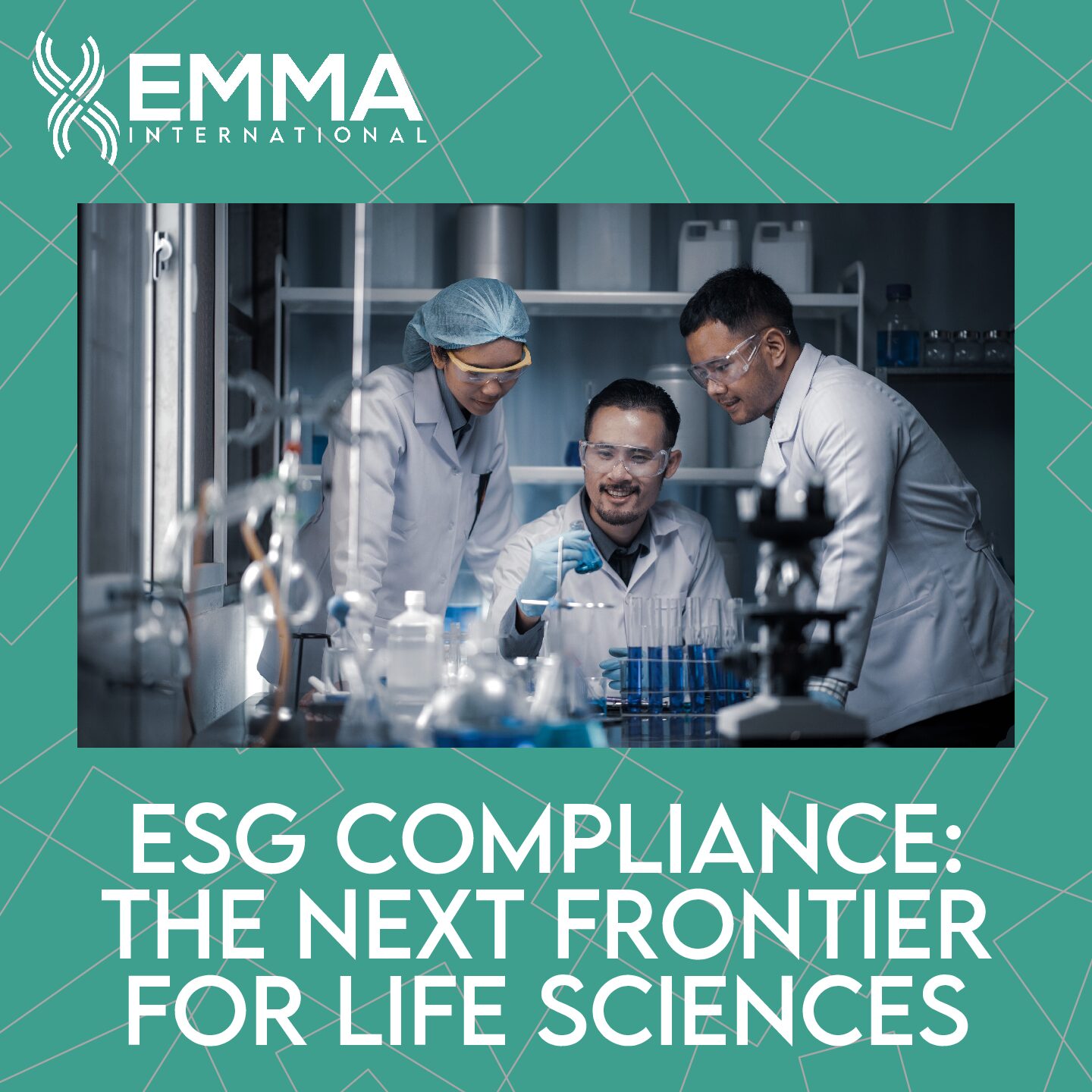We’ve all heard about personalized medicine—tailoring treatments based on a patient’s genetic makeup or disease profile. But how exactly do healthcare providers know which therapy will work for whom? That’s where companion diagnostics come in. These specialized tests are quickly becoming essential in the world of targeted therapies, and they’re transforming how we approach drug development, clinical trials, and regulatory approvals.
A companion diagnostic (CDx) is an in vitro diagnostic device used to identify patients who are most likely to benefit from—or be harmed by—a specific drug. The test is typically developed alongside the therapy itself and becomes part of the treatment strategy. For example, if a cancer drug only works in patients with a certain gene mutation, a CDx is used to screen for that mutation before the drug is prescribed. In short, no test, no treatment.
The U.S. Food and Drug Administration (FDA) and European Medicines Agency (EMA) both require rigorous approval processes for companion diagnostics. Since the device directly impacts clinical decision-making, it’s treated with the same level of scrutiny as the drug it supports. That means manufacturers must validate the test’s accuracy, reliability, and clinical utility. If either the drug or diagnostic is delayed in development, the other gets held back too. This tight coupling presents unique regulatory and logistical challenges—but also opportunities for faster, more efficient development when planned correctly.
Companion diagnostics are most common in oncology, but their use is expanding into cardiology, infectious diseases, and even neurology. With more targeted therapies entering the pipeline, regulators are encouraging early integration of diagnostics into clinical trial designs. This allows for better patient selection, more meaningful efficacy data, and fewer surprises during regulatory review.
At EMMA International, we help companies navigate the complex co-development and regulatory path for companion diagnostics. From designing biomarker strategies to preparing FDA premarket submissions, our team ensures that your diagnostic tool is aligned with the therapeutic product every step of the way. We also support risk management, clinical validation, and global market access strategies—because precision medicine deserves precise execution.
Companion diagnostics are opening the door to a new era in medicine—one where treatments are smarter, safer, and more effective. But success depends on regulatory readiness and careful coordination between drug and device teams. EMMA International is here to help you bring these innovations to the market with confidence.
Curious about how companion diagnostics can support your next product? Contact EMMA International at 248-987-4497 or email info@emmainternational.com to get started.
References
[1] U.S. Food and Drug Administration (2024). In Vitro Companion Diagnostic Devices Guidance for Industry and FDA Staff. Retrieved on 23 March 2025 from: https://www.fda.gov/media/81309/download
[2] European Medicines Agency (2023). Companion Diagnostics and the Regulation of In Vitro Diagnostic Medical Devices. Retrieved on 23 March 2025 from: https://www.ema.europa.eu/en/human-regulatory
[3] National Cancer Institute (2024). Companion Diagnostics Explained. Retrieved on 23 March 2025 from: https://www.cancer.gov/about-cancer/treatment/types/precision-medicine/companion-diagnostics




